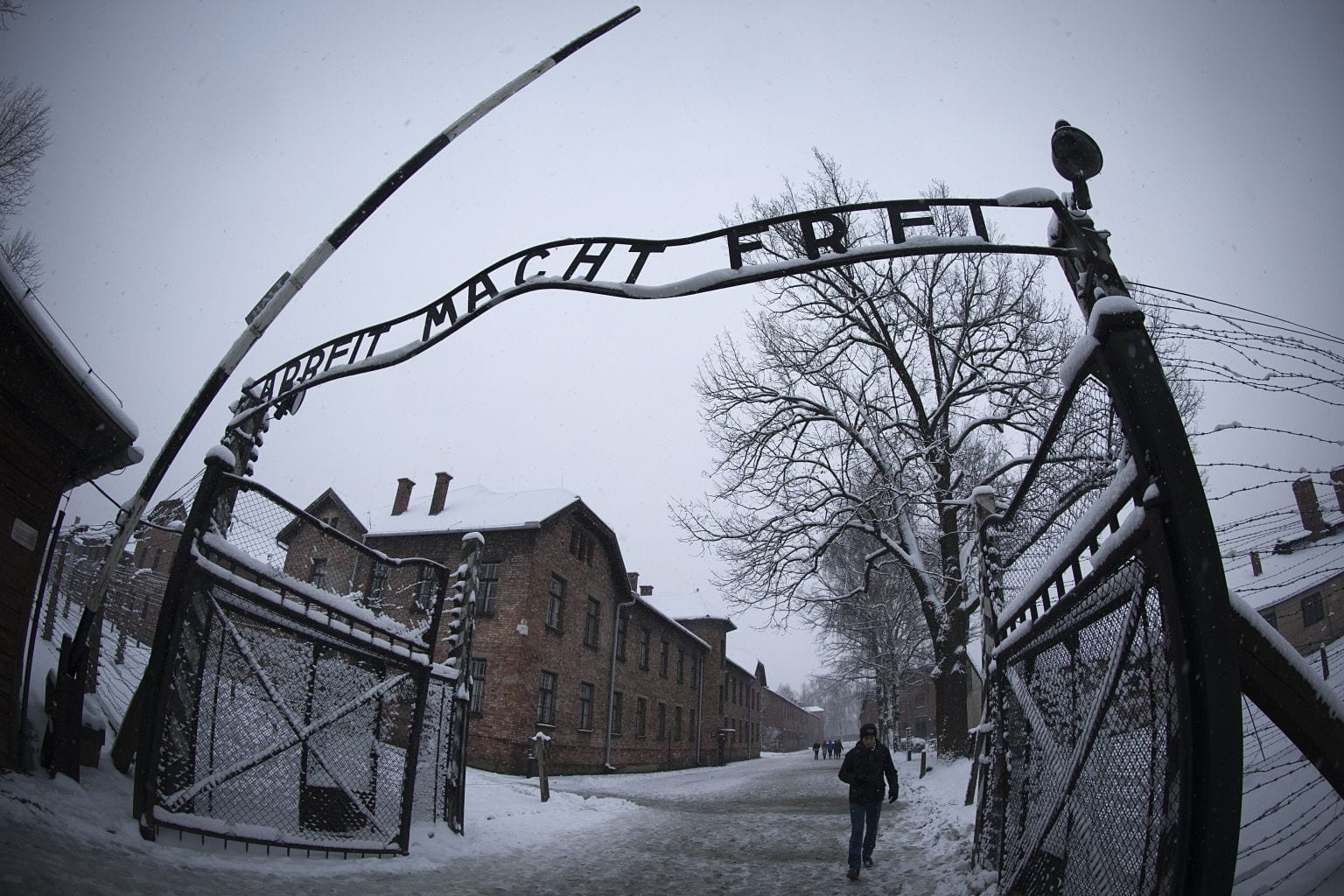My government wants to ban accusations of Polish wartime complicity for the sake of honoring history.
Mateusz Morawiecki

World War II altered not only the fate of nations but also that of millions of families in Europe. From the viewpoint of Poland, it was the end of a multicultural, multiethnic world that had flourished for more than seven centuries. The borders of prewar Poland in the east included cities such as Nowogrodek, Rowne, and Stanislawow.
Nowogrodek was the birthplace of Adam Mickiewicz, one of the greatest ever Polish poets, who was personally involved in the process of creating a Jewish legion as part of his efforts to fight for Polish independence in the 19th century. Rowne was the birthplace of the mother of Israeli author Amos Oz, whose novel A Tale of Love and Darkness inspired actress Natalie Portman to make a brilliant movie about Israel’s difficult beginnings seen through the lens of a family of Polish Jews. As for Stanislawow, it is a place close to my heart. My mother’s family comes from this city, which is now called Ivano-Frankivsk and lies within Ukrainian borders.
continious foreignpolicy.com/2018/03/19/polands-misunderstood-holocaust-law